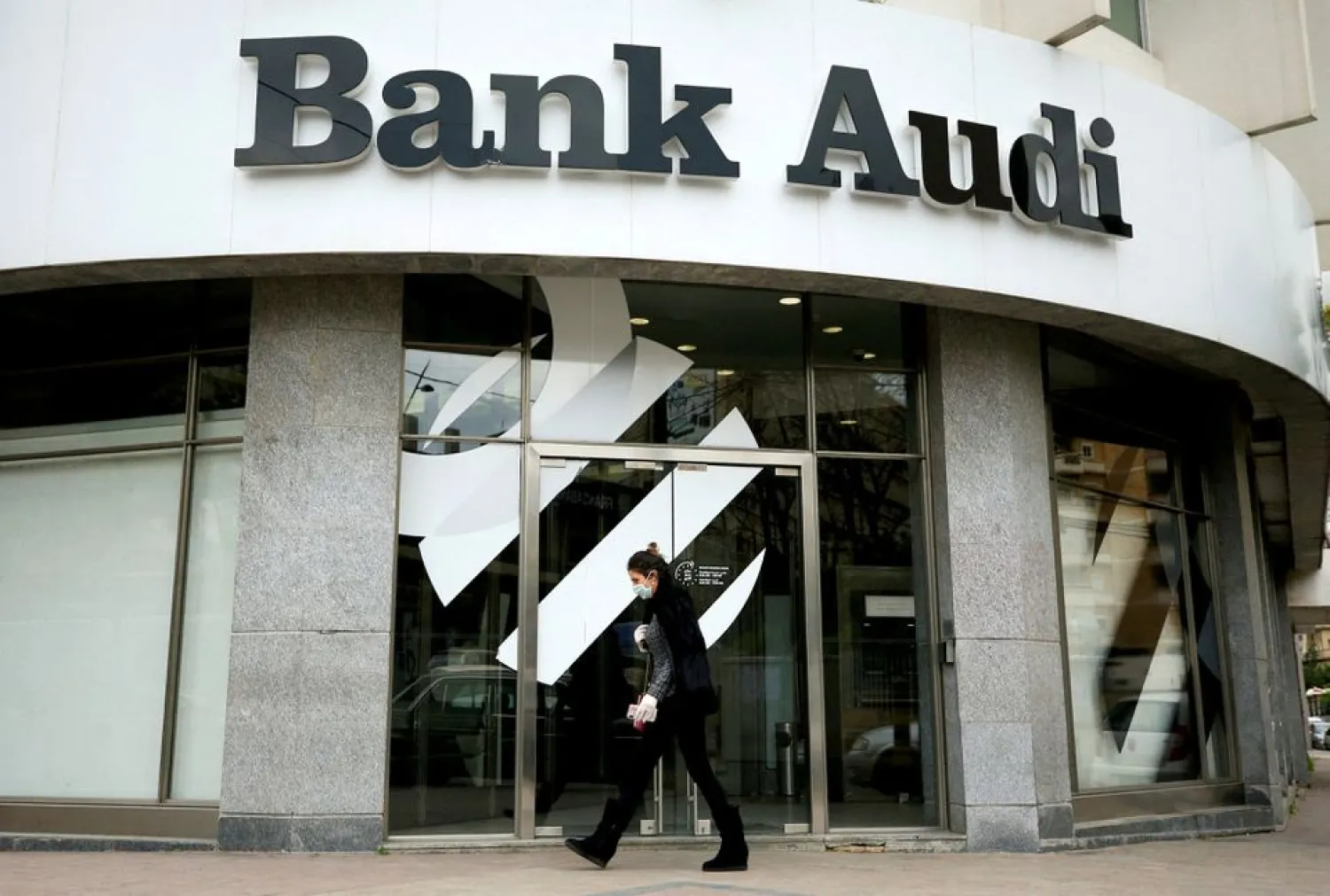Lebanon's Bank Audi has closed more than 30 accounts belonging to UK nationals or their close relatives since a London court ordered it to transfer funds stuck in the crisis-hit banking sector to a British client, a depositors' union said.
The Feb. 28 order requiring Bank Audi and its peer SGBL to transfer $4 million is the first UK ruling obliging Lebanese banks to transfer dollars out of the paralyzed financial system, potentially encouraging similar claims.
A Bank Audi official told Reuters the bank was "asking that the UK residents apply the terms applicable to anyone opening a new account: no international transfers, no cash withdrawals".
"If this is not accepted, then the bank has no choice but to close the account".
More than $100 billion remains stuck in a banking system paralyzed since 2019, when the economy collapsed due to decades of unsustainable state spending, corruption and waste.
In the absence of formal capital controls, banks have largely blocked dollar withdrawals and transfers abroad, sparking numerous legal challenges, with mixed results.
Since the UK order, Bank Audi, one of Lebanon's biggest, has told dozens of clients their accounts had been closed and a cheque issued for the balance at a notary public, lawyer Dina Abou Zour of the Depositors Union told Reuters.
They were told the accounts could be reopened if they signed a form waiving the right to make international transfers or to withdraw dollars in Lebanon, and accept that a cheque was due payment of the balance. Abou Zour said the total amounts involved were in the tens of millions of dollars.
Banks have already closed many dollar accounts by issuing cheques which cannot be cashed and instead change hands in the market, currently at about a quarter of their face value.
'Failing economy'
Bank Audi has said it intends to comply with the UK order but will consider its options on an appeal.
British passport holder Maliha Badr Raydan said she got a call from a Bank Audi employee on Monday saying her account had been closed and a cheque issued for the balance. A second UK citizen said the bank told him the same on Wednesday.
"They said it's because I have British passport," Raydan said, adding that money had been earmarked for the education of her two children after the death of her husband.
She was told she could open a new account if she signed a form waiving some of her rights. She declined to do so.
"I didn't steal this money, I did nothing wrong, it's the labor of my late husband over all these years and the future of my children and the other people I support."
A copy of the form seen by Reuters sets terms for opening new accounts, including accepting that only Beirut courts have jurisdiction in any legal dispute.
The Bank Audi official said the bank had not asked clients to waive the right to bring lawsuits.
Bank Audi says the UK order will lead to unequal treatment among depositors, with wealthy savers who are UK residents able to get all their funds at the expense of others who cannot bring such cases.
Many Lebanese have protested against unfair treatment by banks throughout the crisis, with influential clients able to make withdrawals and transfers abroad and ordinary people unable to send even small sums to children studying abroad, for example. Banks have been calling for a capital control law.
A British embassy spokesperson said: "This unfortunate situation is symptomatic of Lebanon's failing economy and underlines the urgency of Lebanon's government adopting comprehensive economic reforms."









